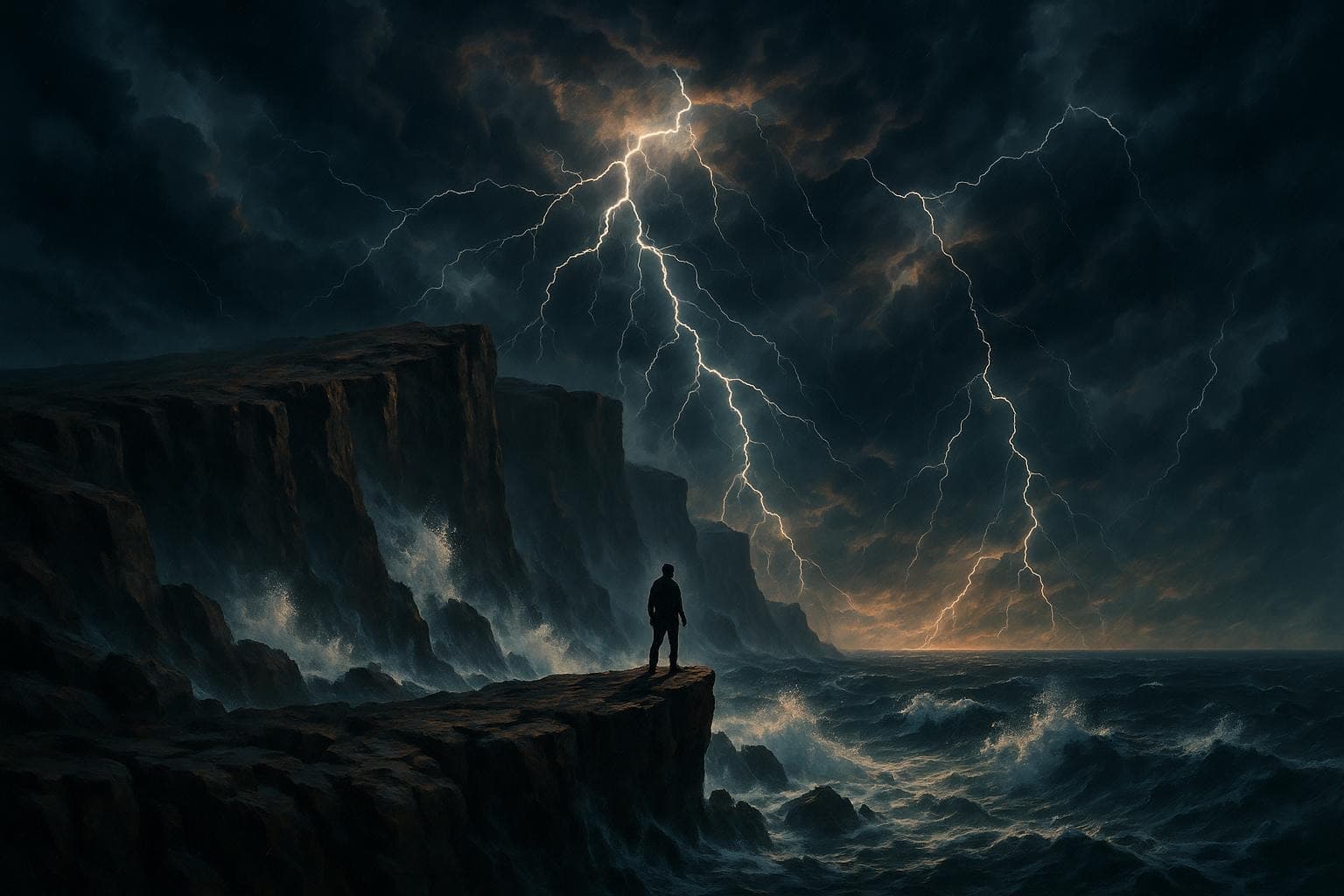Understanding the Edge: Limits, Experience, and Insight

The edge… there is no honest way to explain it because the only people who really know where it is are the ones who have gone over. — Hunter S. Thompson
Defining ‘the Edge’
Hunter S. Thompson’s enigmatic quote introduces the concept of ‘the edge’ as a boundary between the known and the unknown—between the acceptable and the extreme. Rather than a physical barrier, the edge represents the ultimate threshold of experience, risk, or understanding. Its significance lies not in its location, but in its transformative effect on those who encounter it.
The Limits of Explanation
Thompson famously contends that ‘there is no honest way to explain’ the edge. This is because words are insufficient to fully communicate states of mind or experience that exist beyond conventional boundaries. Much like St. Augustine’s struggle to define time in his *Confessions* (c. 400 AD), the edge eludes simple description; those who haven’t crossed it can only speculate based on secondhand accounts.
Firsthand Experience and Alienation
Consequently, true comprehension is reserved for those who have ‘gone over’ the edge. This echoes themes in works like Jack London’s ‘To Build a Fire’ (1908), where the protagonist’s brush with death highlights lessons unknowable to the uninitiated. Such profound experiences can foster both clarity and alienation, setting apart those who have lived them from the majority.
Society’s Relationship with Risk
Building on this, society often regards those who test or surpass limits with a mix of fascination and apprehension. Cultural icons—from adventurers to revolutionary artists—are admired for their boldness but often misunderstood. In Ken Kesey’s *One Flew Over the Cuckoo’s Nest* (1962), for example, the protagonist’s rebellion illustrates the costs and insights that come from confronting absolute limits.
Insight Gained Beyond the Threshold
Ultimately, Thompson suggests that irreversible experience confers a unique kind of wisdom. Those who have ‘gone over’ return—or sometimes do not—with insights that cannot be taught or fully shared. This idea calls to mind Plato’s ‘Allegory of the Cave’ in *Republic*, where only those who leave the darkness and witness the light can truly understand reality as it is. Thus, the edge stands as both a peril and a source of rare, unspeakable knowledge.